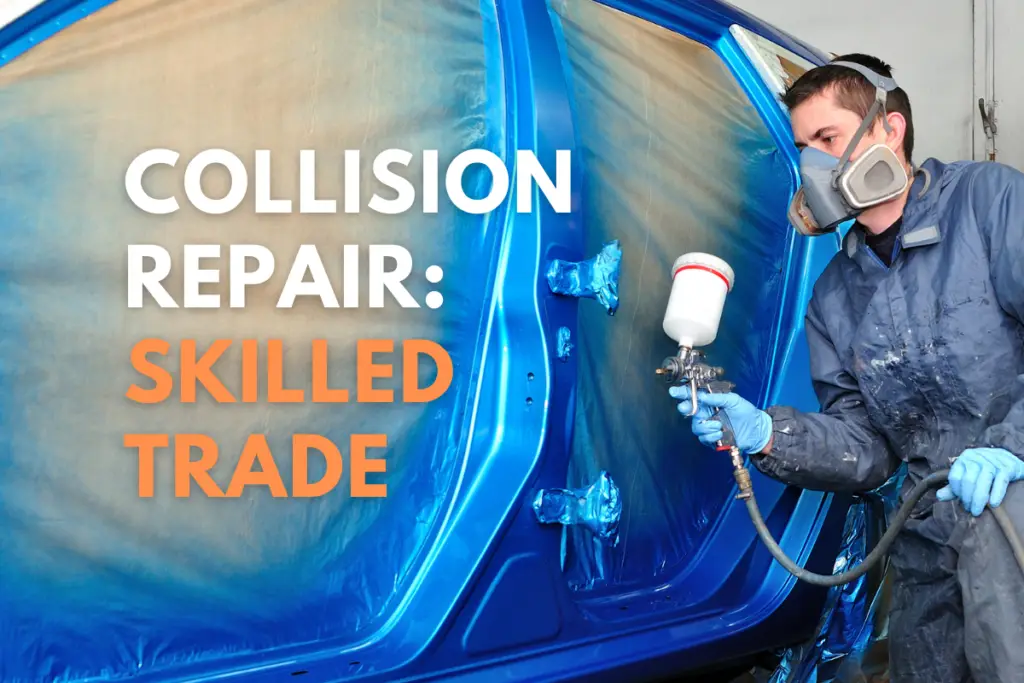On June 11, 2021, the B.C. government announced that automotive collision repair and other nine trades have been recognized as skilled trades, requiring service providers to be properly certified.
The initiative is intended to support higher-paying, more stable work for trades workers and to help build the foundation of a strong economic recovery.
Every other province in Canada requires tradespeople to be certified. British Columbia removed that requirement in 2003. Without a recognized credential, it can be challenging for workers to transition between projects and industries, resulting in lost wages for workers and their families—especially for people who already face greater barriers to employment in the trades.
“This is one of the biggest breakthroughs we’ve ever been a part of as the association representing the automotive sector,” said Adrian Scovell, president & CEO of the Automotive Retailers Association (ARA). “A skilled trades certification system will restore respect for trades, put the ‘skill’ back in ‘skilled trades,’ and, with it, respect for skilled trades people.“
“Skilled trades certification recognizes the professionalism of tradespeople throughout B.C., and ensures equity-deserving groups and every person who wants a rewarding career in the trades can access the highest level of education and training,” said Anne Kang, Minister of Advanced Education and Skills Training. “Similar to a post-secondary degree, a certified trades worker has a certification that is recognized by employers—just like teachers, lab techs, nurses and other certified workers. By recognizing the worker’s skill, we will attract more people into careers in the trades in order to help address labour shortages across a variety of trades.”
A public engagement process will seek input on key aspects of implementing skilled trades certification, including:
- helping support current workers to become certified while standardizing skills at a high level;
- identifying and creating implementation supports for employers during economic recovery; and
- creating multiple pathways to completion for all workers, so no one is left behind.
The engagement will start immediately and includes an online survey, roundtables, community dialogues and focused discussions with the Industry Training Authority, the parliamentary secretary for skills training and staff from the Ministry of Advanced Education and Skills Training.
Learn More:
For skilled trades certification information, business cases and a public survey, visit: engage.gov.bc.ca/skilledtrades
For a technical briefing on B.C.’s skilled trades certification, visit: https://news.gov.bc.ca/files/STC_Technical_Briefing_June11.pdf

